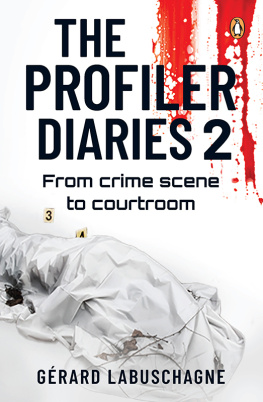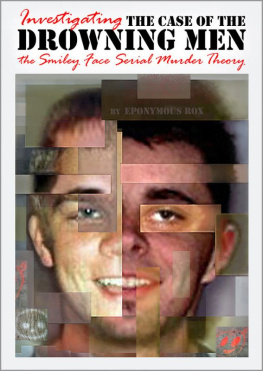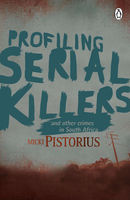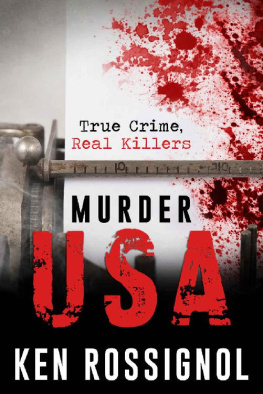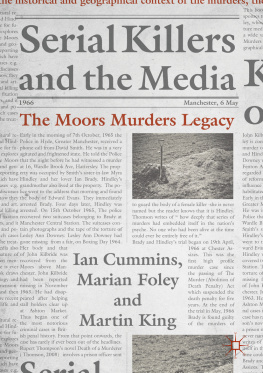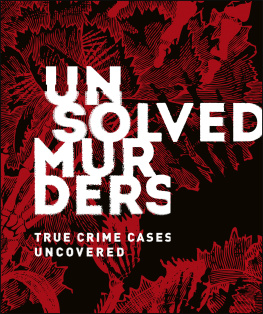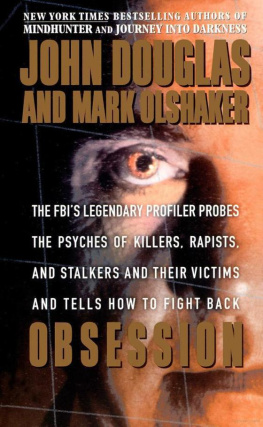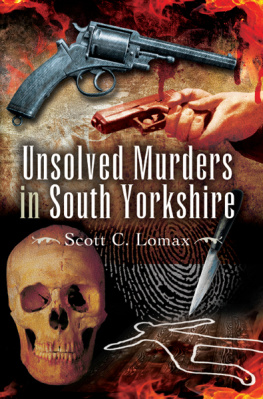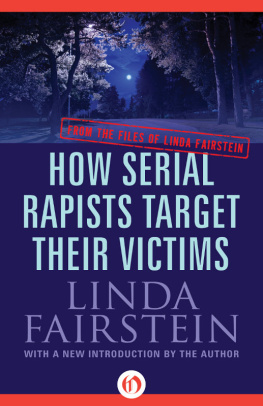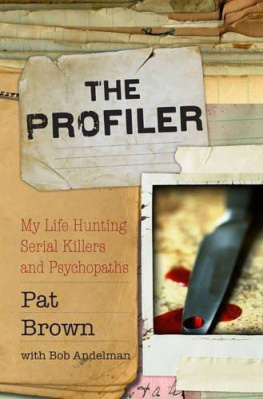All rights reserved. No part of this publication may be reproduced, stored in a retrieval system or transmitted, in any form or by any means, electronic, mechanical, photocopying, recording or otherwise, without the prior written permission of the copyright owners.
| PUBLISHER: | Marlene Fryer |
| MANAGING EDITOR: | Ronel Richter-Herbert |
| PROOFREADER: | Tracy Murinik |
| COVER AND TEXT DESIGN: | Ryan Africa |
| TYPESETTER: | Monique van den Berg |
ISBN 978 1 77639 035 9 (print)
ISBN 978 1 77639 036 6 (ePub)
To the victims and their families
The author has put many months of work into researching and writing this book. This ebook is NOT free, and should be bought from an ebook retailer. If you are circulating it for free, you are breaking the law and can be prosecuted under the Copyright Act 98 of 1979.
ACKNOWLEDGEMENTS
This book covers almost the same time span as the first book, so it feels like I should be thanking the same people! To the SAPS members and other role players in these cases, I hope I have done you justice in this book.
As always, I would like to thank Elmarie Myburgh and Jan de Lange, the two people I served with the longest in the police.
Thank you to Ronel Richter-Herbert from Penguin Random House South Africa for nagging me into doing book two I am glad I did!
Dr Hestelle van Staden, always eager to read my chapters when they are ready, and always ready with good advice thank you.
And, of course, to the readers who made the first Profiler Diaries a success, the second book would not have been written without your support. I hope I havent disappointed you. Thank you.
ACRONYMS
| Assault with GBH : | assault with the intent to do grievous bodily harm |
| BAU : | FBIs Behavioral Analysis Units |
| CAMPROSA : | Campus Protection Society of South Africa |
| CATS : | SAPS Crimes Against the State Unit |
| CSI : | Crime Scene Investigation |
| CTM : | US Association of Threat Assessment Professionals Certified Threat Manager |
| DCS : | Department of Correctional Services |
| DPP : | Director of Public Prosecutions |
| HAWKS : | Directorate for Priority Crime Investigation |
| IMEI : | International Mobile Equipment Identity number |
| IPS : | Investigative Psychology Section |
| IPU : | Investigative Psychology Unit |
| LCRC : | Local Criminal Records Centre |
| NCSMU : | National Crime Scene Management Unit |
| NPA : | National Prosecuting Authority |
| SAECK : | Sexual Assault Evidence Collection Kit |
| SALRC : | South African Law Reform Commission |
| SAPS : | South African Police Service |
| Wits : | University of the Witwatersrand |
INTRODUCTION
In my first book, I devoted an entire chapter to explaining how I nearly failed high school but instead ended up with a professorship and six degrees and, most importantly, working for the SAPS (South African Police Service) as their head profiler. In that chapter I happened to mention that after I was selected to do my masters degree in clinical psychology, I cut my hair (which was 50 centimetres long by then) the next day. Since then, one of the questions people ask me the most is if they can see a picture of me with my long hair. Its strange what people find interesting. Even though I wont repeat everything I said in that chapter, some background context is necessary for those who didnt read the first book.
I left school with abysmal marks and was conscripted into the army, where I served as a medic. During that year I had to think seriously about my life and what I was going to do after my year of conscription. I was seventeen at the time and had no clue about life. I was interested in two career directions, namely public relations and psychology (after I found out that you dont have to study medicine before you can study psychology that was psychiatry. See? Clueless.). My high-school career guidance counsellor was at least partly to blame for my ignorance after he retired, he was arrested for murder.
I managed to get into the University of Pretoria by chance, because they were conducting an experiment to see if aptitude tests were a better predictor of academic success than outright high-school results. I dont know how others who got into university via that route fared in the end, but I think I was a success story of that research.
So, after a year as a medic in a military hospitals intensive care unit, I ended up at the University of Pretoria. Probably because I was studying something I was actually interested in, I suddenly flourished academically. I have to admit, though, that I found the first two years of my psychology lectures a little dry and boring. I was much more interested in criminology, which was one of my other subjects.
But then psychology picked up in my third year and became more interesting. I managed to get decent-enough marks to be allowed into the honours psychology course, and I decided to do it after hours over two years, which meant night classes. During the day, I studied third-year criminology and did Lifeline telephone-counselling training. I also worked in a CD shop (I had the perfect long hair for it).
My next hurdle was to get into the masters degree course. About 350 people were competing for eight to ten spaces, so I had about a 3 per cent chance of getting in. I was doing well in my honours course, and even though I wasnt the top student, I was averaging enough to academically qualify for the masters programme in psychology. So, I applied for the masters programme and was invited for a face-to-face interview with two of the departments psychologists. If I got through that, I would attend a group activity where the trainers would watch the group from behind a one-way mirror. And if I got through that, there was a panel interview with all the masters programme trainers, and representatives from the internship institutions. This took place over three days and was absolutely nerve-wracking.
I recall hanging around the waiting room at the end of the third day, waiting for the list of names to go up on the noticeboard. When the list was eventually put up, I held back. My friend Nicola, who had studied with me since first year, said that she was going to take a look. All those years of studying were aimed at this moment if I didnt get in, then I had literally wasted five years of university life. You cant do much with an honours degree in psychology when you actually have to practise psychology.

